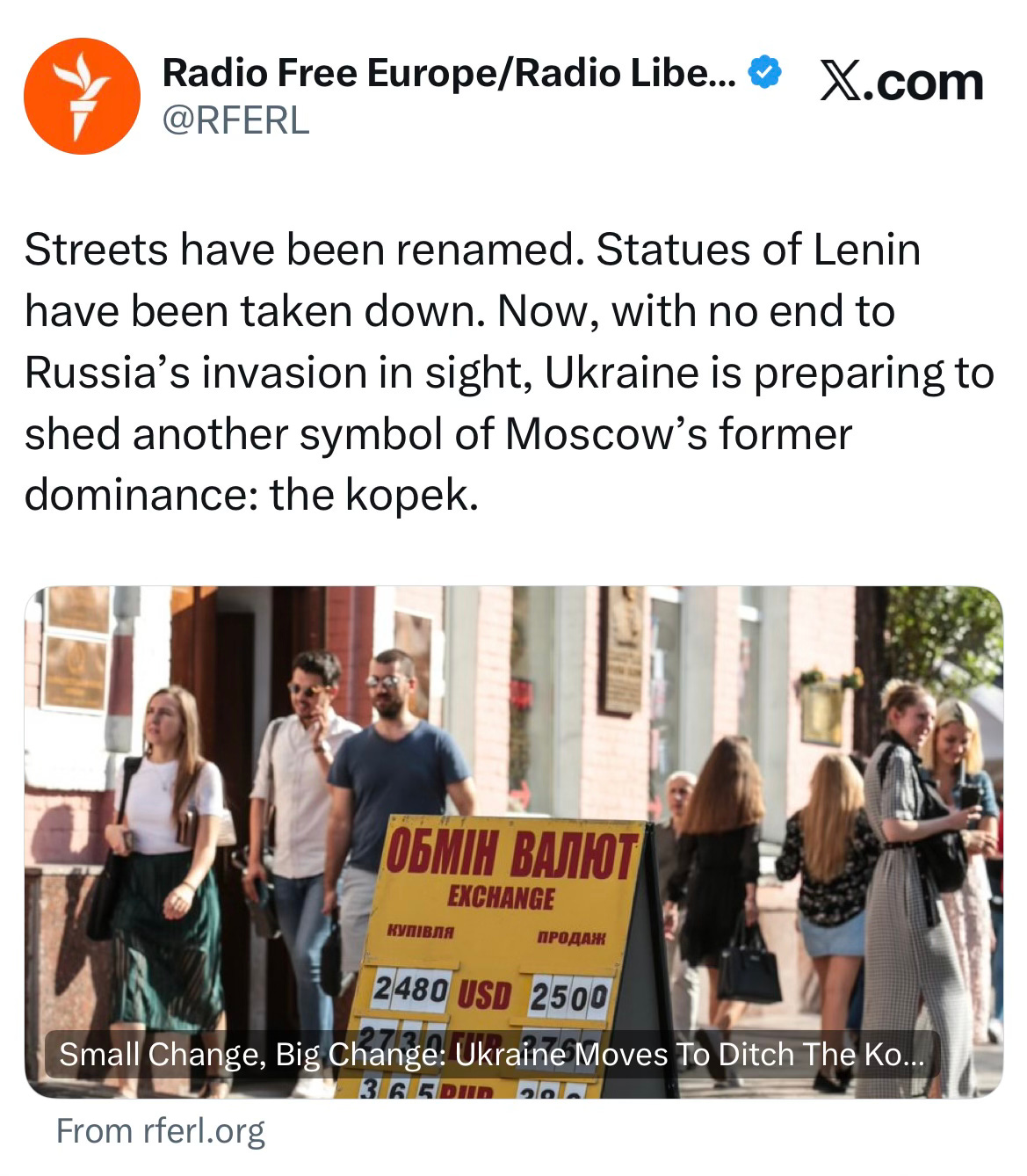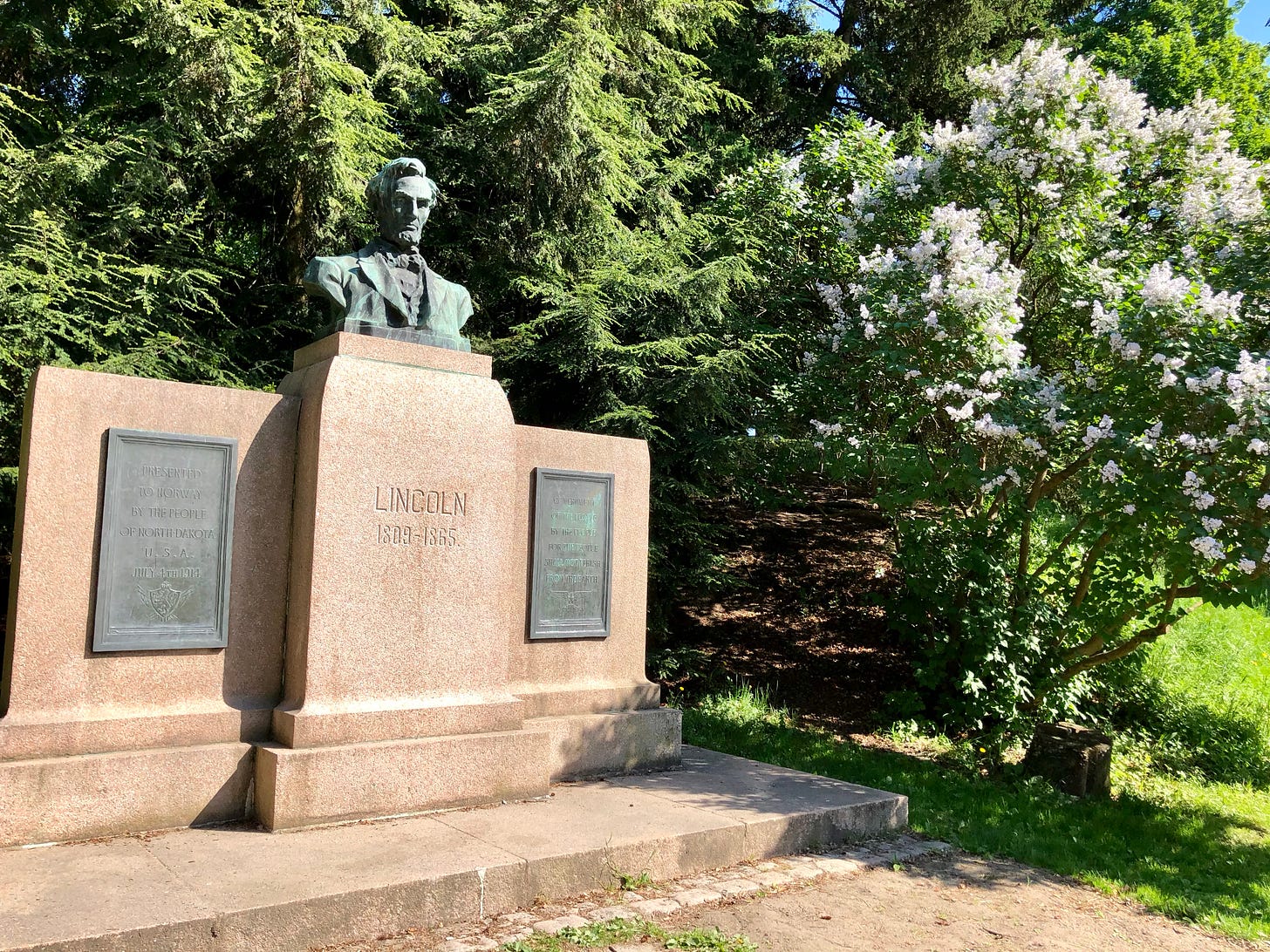Imperatives of Government, &c.
On crime, free speech, chess, technology, and more

A college friend and I used to enjoy watching Bob Novak on television. This was in the 1980s. Bob (I later got to know him) would say something like, “Well, I was in the Midwest this week, and lemme tell you, people are fed up with ...”
My friend and I would chuckle and say, “Robert D. Novak, out talkin’ to the American people.”
I will not claim to have been out talkin’ to the American people. But I get around a bit, and people, when they know my profession, like to talk to me about public affairs. Let me tell you something I’ve heard in the last few days.
Don’t shoot the messenger, incidentally. I am reporting.
“I don’t like Trump, and I don’t know about the Constitution and all, but we need to do something about crime. People should not have to live in fear of crime.”
This is a normal feeling. The No. 1 job of government is the physical security of the citizenry. If that job is not performed, not much else matters.
For years, I heard something from my British friends—from British conservatives: “The major parties, even the Tories, have ignored the problems of immigration. They have ignored the problems of assimilation, or non-assimilation. If they keep this up, they will open the door to the fascists.”
If “mainstream” politicians don’t address public problems forthrightly, the public will turn to rough men and “mainstream” them.
***
I would like to share a quick item from RFE/RL with you:
These people, the Ukrainians, want independence. They want to be their own country, go their own way. They do not want to be a constituent of an empire: or a vassal state, or a captive nation.
Americans should be able to relate. Don’t you think?
***
For The Next Move—the publication of the Renew Democracy Initiative, where I am a fellow—I have a piece about free speech. Free speech? What can be said about it, that hasn’t been said for centuries? Well, nothing, but there are bits of autobiography and other things in my piece that I hope you would find interesting.
Maybe I can quote a little:
For many years, I have written about human rights. I can tell you this, with certainty: Relatively few people are for human rights across the board. They might be for them in Cuba, for example, but not in Saudi Arabia. Or vice versa.
I have found the same with free speech. People want free speech for themselves and their friends and their allies, obviously—but we human beings are pretty good at finding reasons to curb or stifle others.
Maybe a little more:
Liberalism, it has been observed, is contra naturam. (I speak of classical liberalism, or “the open society,” the free society.) Under liberalism, might does not make right. Majorities are not allowed to lord it over minorities.
Does this “come natural”?
I end with a quotation from José Ortega y Gasset, from his Revolt of the Masses. (George F. Will is a keen admirer of Ortega y Gasset. So was Mario Vargas Llosa. So have been others whom I myself keenly admire.)
Here is that passage:
Liberalism—it is well to recall this today—is the supreme form of generosity. It is the right which the majority concedes to minorities and hence it is the noblest cry that has ever resounded on this planet. It announces the determination to share existence with the enemy; more than that, with an enemy that is weak. It was incredible that the human species should have arrived at so noble an attitude, so paradoxical, so refined, so acrobatic, so anti-natural. Hence, it is not to be wondered at that this same humanity should soon appear eager to get rid of it. It is a discipline too difficult and complex to take firm root on earth.
My comment, concluding my piece:
Tend it. Tend the garden of liberty. This is an imperative, now and always.
I don’t claim to be some great free-speecher. Pretty good—maybe better than most—but not great. Several years ago, I heard David French (my dear friend) give a talk about free speech on campus. Afterward, I said to him, “David, I think I may be a bad civil libertarian. I just don’t think there ought to be Nazi or Communist groups on campus.”
He said, “That doesn’t make you a bad civil libertarian, Jay. It makes you no civil libertarian at all.”
(Ouch.)
(I’m sure David is right. He is a sterling, exemplary free-speecher.)
You know who’s for free speech for everybody, no ifs, ands, or buts? FIRE, i.e., the Foundation for Individual Rights and Expression. (David French was once its president.)
***
I first met Jonah Goldberg when he was in his early twenties—the year was something like 1993. He was an assistant to Ben Wattenberg at the American Enterprise Institute. I enjoyed talking with him then, and I enjoy talking with him at least as much now. I was a guest on his Remnant podcast a few days ago—the result being here. We talk about some grave matters, beginning with October 7, but some lighter ones as well.
From the start, I felt a kinship with this fellow. We are on the same beam. And when I differ with him, I reconsider ...
***
George F. Will has a column titled “What if a Russian victory in Ukraine were only the beginning?” I think of an expression from the 1980s, concerning nuclear war: “thinking the unthinkable.”
Will’s column is here.
***
For some years now, I have made a comment about Russia’s imperialism—its thirst for conquest. There is so much work to do in Russia itself. If Russia could tend its own vast garden for a change, that country would rise dramatically, and wonderfully. How’s the economy? How’s the rule of law? How’s health? How’s alcoholism? How’s morale? Etc.
People stream out of Russia, to pursue their destiny in London, New York, Tel Aviv, and other places. These are talented people, in some cases fabulously so. It is unnatural to leave one’s country. Shouldn’t there be a Russia in which they could stay?
Radek Sikorski, the deputy prime minister and foreign minister of Poland, wrote a column. I’d like to paste his concluding paragraph:
The largest country on earth doesn’t need more land. It should take better care of what is already within its internationally recognized borders. The leadership of Russia must understand that its attempt to rebuild Europe’s last empire is doomed to fail. The age of empires is over.
May it be so.
***
I know squat about chess, as I have mentioned in this space before. But to follow Garry and Vishy in “legends” games has been a pleasure. I speak of Garry Kasparov, the Russian, and Viswanathan “Vishy” Anand, the Indian.
Icing on the cake is commentary from ChessBase India—here, for example, and here. Never has chess seemed so sports-like to me. I am reminded of Spanish-speaking announcers of soccer games, who exclaim and extend the word “Gol!”
***
Maybe I could have a brief language note. I am used to “Anand” as a first name, not a last name. It means “joy,” or “happiness,” or “bliss.” I think of Anand Bhavan, which is not a person but a house—Nehru’s home: “Abode of Happiness.”
That’s what all our homes should be!
***
From the Associated Press, we have an article headed “Norwegian Crown Prince Haakon visits Minnesota to mark 200 years of emigration to the U.S.” I find the relationship between Norway and America rather touching. I have written many a report from Norway, as regular readers know. And, in my journals, I usually include a photo of the Lincoln memorial in Frogner Park (Oslo). Hang on, let me scare one up. Here:
There are two plaques on either side of the memorial. One says, “Presented to Norway by the People of North Dakota, U.S.A., July 4th, 1914.” The other says, “Government of the People, by the People, for the People, Shall Not Perish from the Earth.”
To the right of the memorial is a lilac bush—bringing to mind Whitman’s elegy, “When Lilacs Last in the Dooryard Bloom’d.”
***
So, I’m sitting in a restaurant with my niece and her boyfriend. I take out my phone, to pay. Observing, my niece says to her boyfriend, “He clicks on Wallet first.” What? “No, Uncle Jay, you can just double click—double click on your phone—and Apple Pay comes up.”
An old dog has learned a handy new trick.
***
A dose of music? Here is a post on Opening Night at Carnegie Hall, featuring Yuja Wang, doing Yuja Wang things ...
***
The must-read is by Matt Labash: his appreciation, his eulogy, of his father-in-law, here. One of the things I thought while reading it is: Vic was the perfect father-in-law for Matt; and Matt was the perfect son-in-law for Vic.
Bless them all.





The crime issue is perplexing, in at least two regards:
Is the level of crime that people fear real or instilled in them by their choice of news/commentators, particularly when even the President can’t be believed (think “they’re eating the dogs/they’re eating the cats”)?
In a free society, is some level of crime a price that has to be paid? In other words, if abolishing crime would require an extreme level of crime prevention and detection (think the “precogs” in Minority Report), is a crime-free society worth the cost?
“Norwegian Crown Prince Haakon visits Minnesota to mark 200 years of emigration to the U.S.”
...for the believers in the Kensington Runestone, it's closer to 700 years! :-)